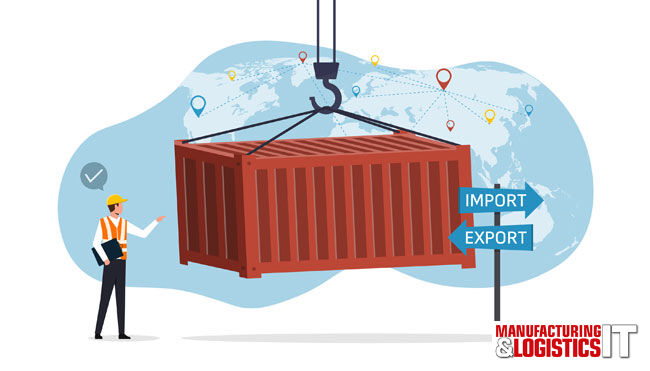Research from Ivalua, the Cloud Spend Management solutions provider, has revealed 90% of businesses’ supply chains have been disrupted by inflation in the past 12 months. As a result of higher inflation and rising costs, organisations have been hampered in their efforts to improve supply chain sustainability (64%) and labour standards (63%).
This comes despite mounting regulatory transparency and reporting pressures and a rise in modern slavery cases. In 2022, there were 16,938 potential victims of modern slavery in the UK, representing a 33% increase compared to 2021 – 41% of these victims were children.
The Ivalua-commissioned study, conducted by Sapio Research, also found that:
- Cost trumps sustainability – More than half of organisations (57%) have been working with cheaper rather than greener suppliers due to rising costs.
- Firms onshoring to reduce uncertainty – More than a third (35%) of organisations have shifted towards more local operations in their supply chain in the last 12 months to deal with uncertainty, with a further 42% planning to do so.
- The return of the cost-cuts – Organisations have responded to high inflation by increasing their focus on cost-cutting (50%), operational efficiency (40%), and increasing the weighting of cost in supplier selection (26%).
“Inflation has taken its toll on ESG progress. As businesses cut costs to weather the storm of inflation, environmental and modern slavery protections have fallen by the wayside. This will leave organisations at risk of missing net zero targets, greenwashing, and failing to meet ESG regulatory requirements,” comments Alex Saric, smart procurement expert at Ivalua.
“Many organisations are also onshoring supply chain operations to reduce risk from geopolitical disruptions. But those opting to onshore must keep some diversity in the risk profiles of their supply chains to reduce the impact of local disruption.”
Procurement in a position to mitigate disruption
Businesses report that in the last 12 months they have been disrupted by the rising cost of energy and fuel (86%) and raw materials (84%). The war in Ukraine is still disrupting European businesses, particularly in France (83%), Italy (82%), and Germany (79%).
Almost half (49%) of procurement leaders agree their organisation has been ill-equipped to deal with and react to uncertainty. Over two-thirds of procurement leaders want more responsibility to help manage this uncertainty, but only 37% feel empowered enough by their organisation.
“Procurement has the power to help businesses reduce the impact of inflation. Empowered by technology, procurement teams can improve chain visibility and collaboration to help identify opportunities to work with suppliers on long-term cost savings,” concludes Saric. “For example, giving suppliers more flexibility in how they meet requirements and unleash lower cost innovations, while early payments or bulk purchasing can help curb the impact of inflation, securing discounts for the buyer while reducing risk for the supplier. This will help organisations to foster strong supplier relationships, so they can continue to collaborate on ESG initiatives without sacrificing relationships through a focus on cost savings.”
About the research
The survey was conducted by Sapio research in July 2023 on behalf of Ivalua. It is based on a survey of 850 procurement leaders in the UK (250), US (250), Germany (100), France (100), Sweden (50), Netherlands (50) and Italy (50).



